OPTIMIZING
CORAL
RESTORATION
Corals, like all organisms, use their immune system to maintain health. Using immunology, we are working to understand why some corals can tolerate stressful events, like bleaching caused by warmer water, while other corals die.
With this knowledge, we aim to identify the coral species and colonies that are more likely to survive future stress events.
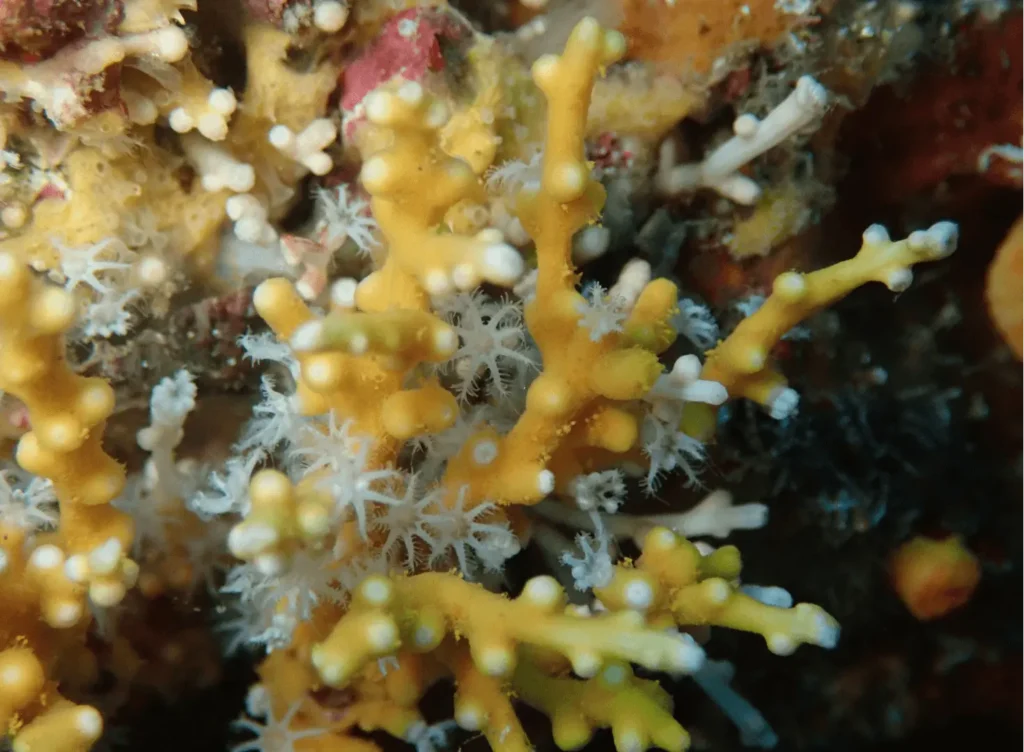
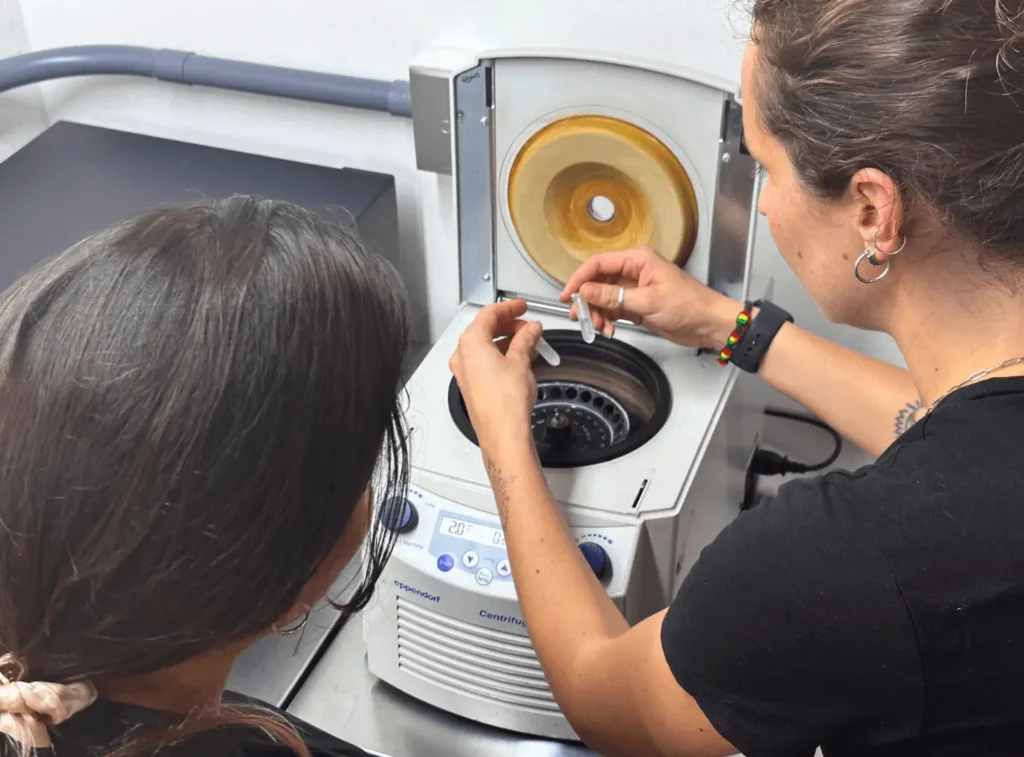
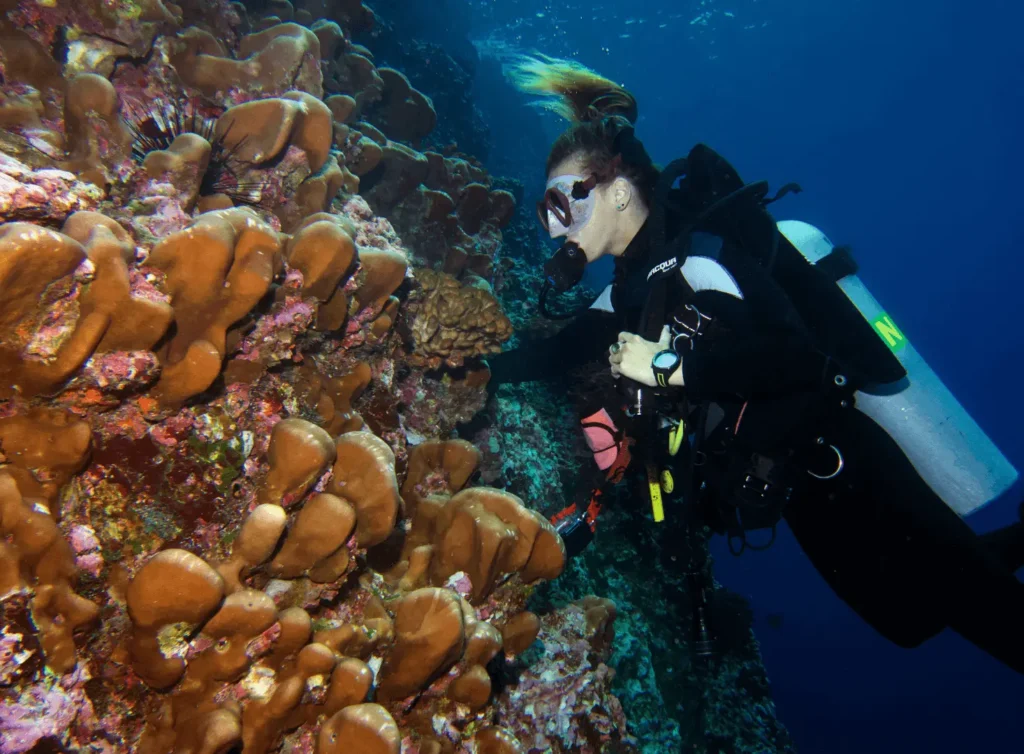
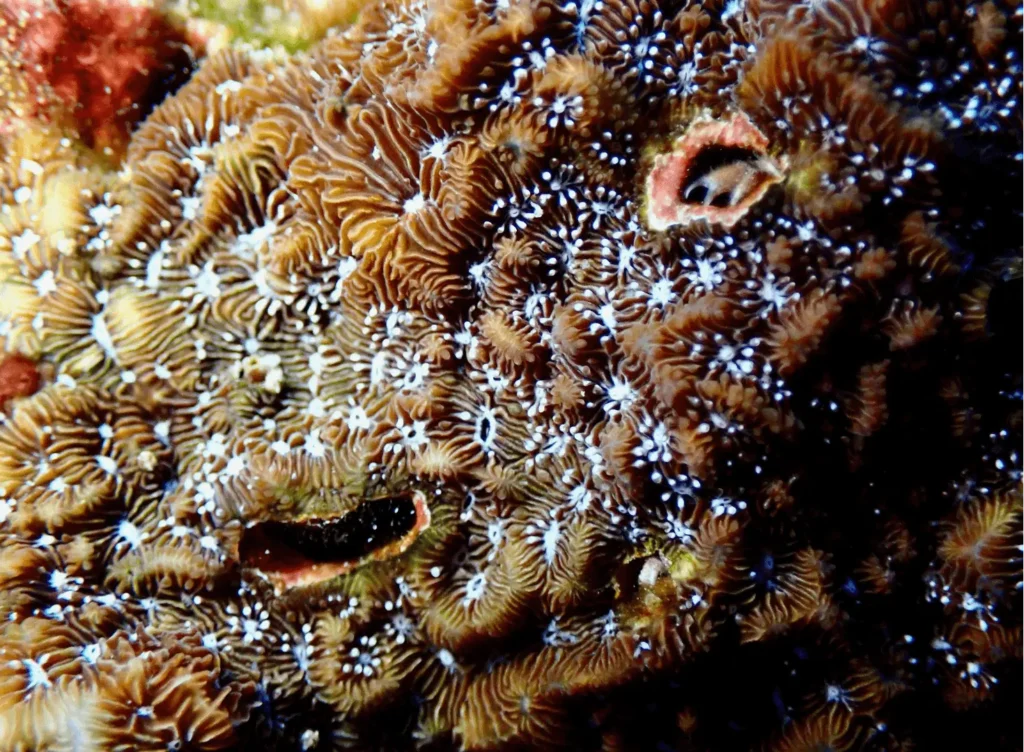
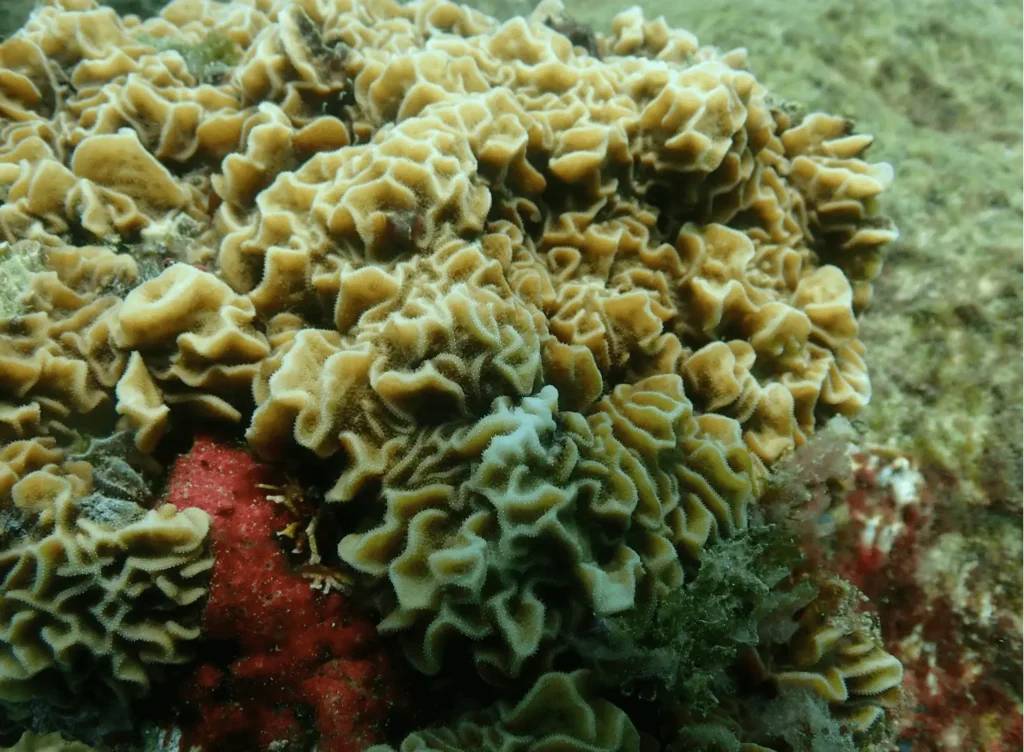
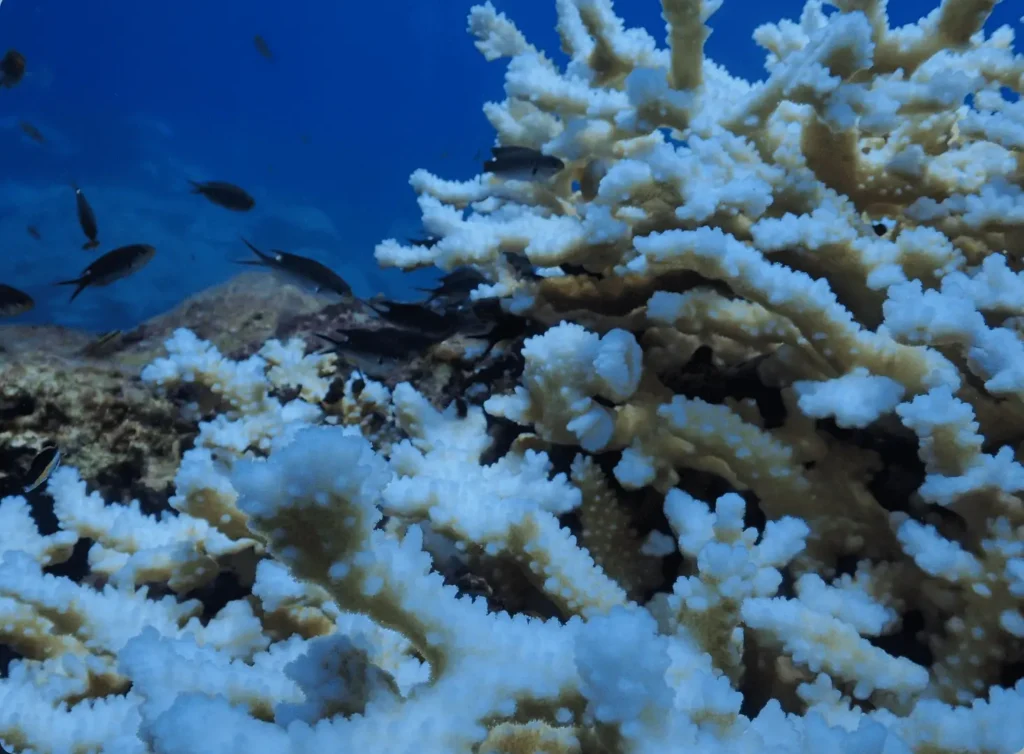
Identifying these resilient corals enables us to use them in restoration projects to enhance the long-term survival of corals and reefs.
We are working with a strong sense of urgency. With climate change, coral stress and mortality events are more frequent and more intense, and corals are dying faster than ever, threatening the coral reef ecosystem as a whole.
Our Mission to Restore Coral Reefs
- Responding actively to the rapid decline of coral reefs
- Improving the efficiency of restoration methods
- Advancing coral immunology research
- Monitoring local reef health over time
- Sharing the beauty and importance of coral reefs
Key Focus Areas:
- Reef Monitoring: We conduct surveys to assess coral abundance, health and diversity at Caño Island, and record water temperature and quality to better understand environmental fluctuations.
- Coral Immunology: We are exploring coral health dynamics to identify corals more likely to survive future climate events.
- Reef Restoration: We plan to use the scientific knowledge we gain
to optimize coral restoration both locally and globally.
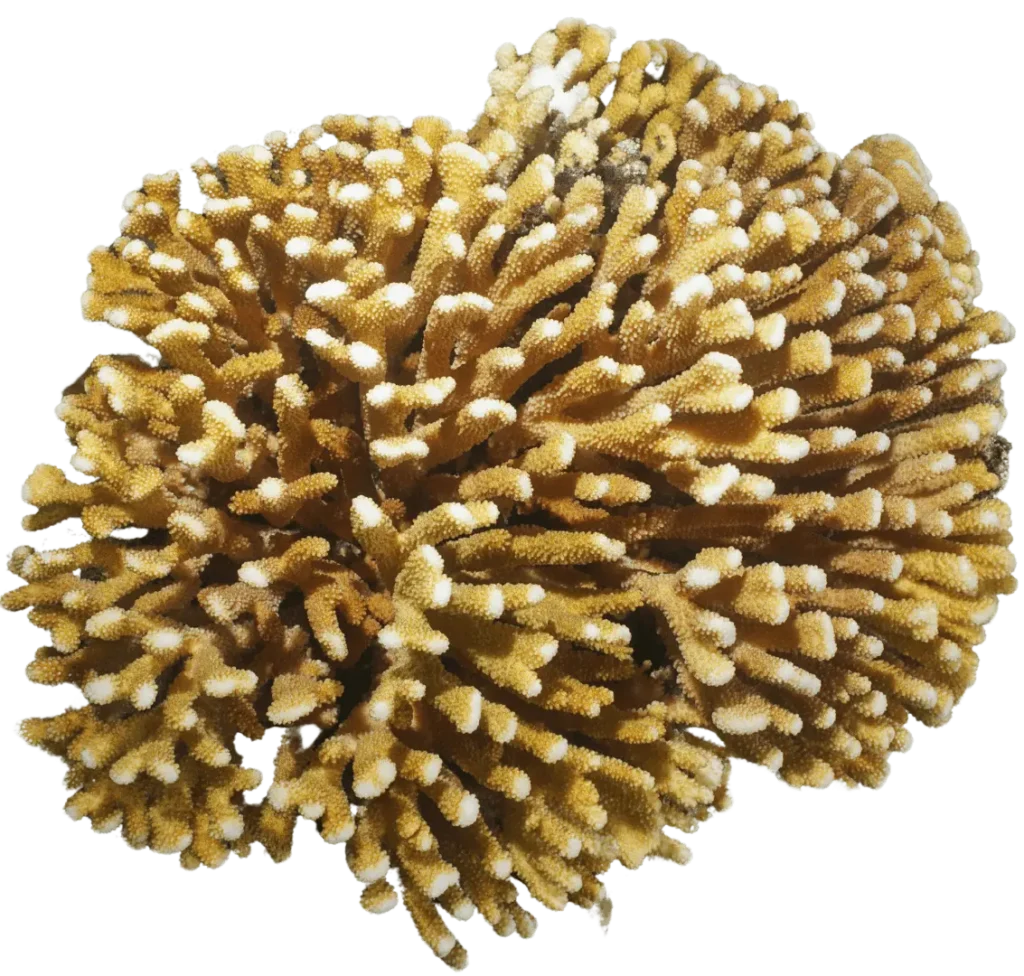
PROTECT A CORAL
DID YOU KNOW? CORAL REEFS ARE FACING THE 4TH
GLOBAL CORAL BLEACHING EVENT.
When coral bleaching results in mortality, especially on a widespread scale, it impacts economies, livelihoods, food security and more.
Our groundbreaking approach has already allowed us to tag more than 112 corals with detailed 3D model data.
Become a coral keeper today!
Support crucial research and empower marine conservation efforts!

